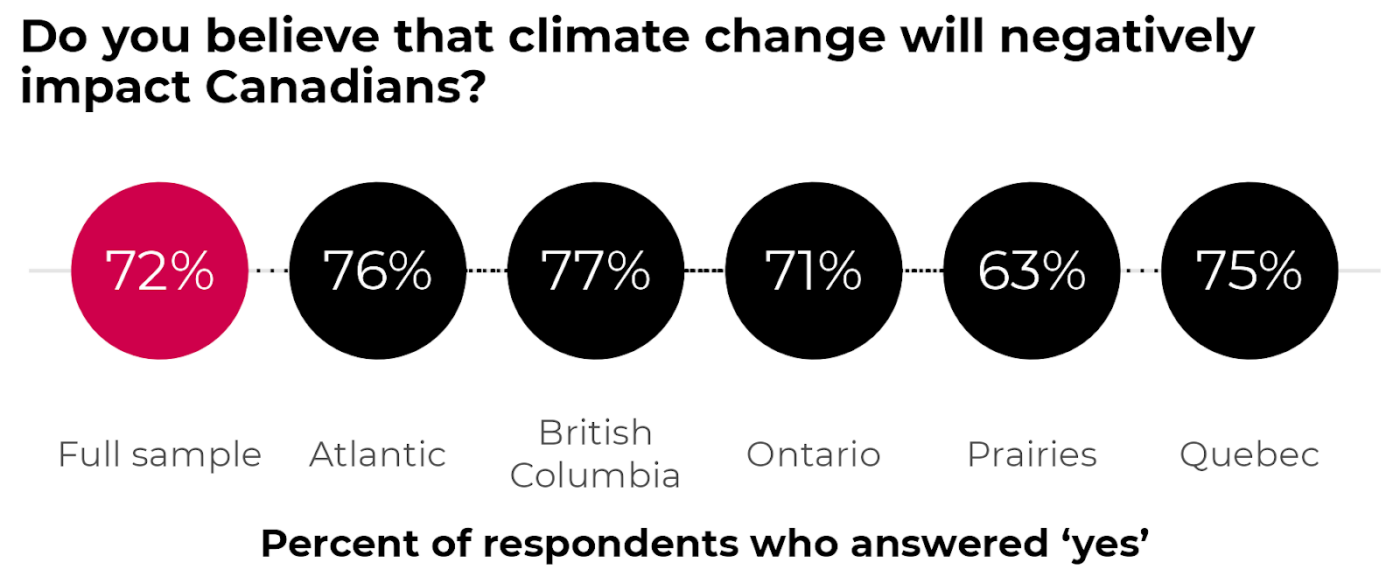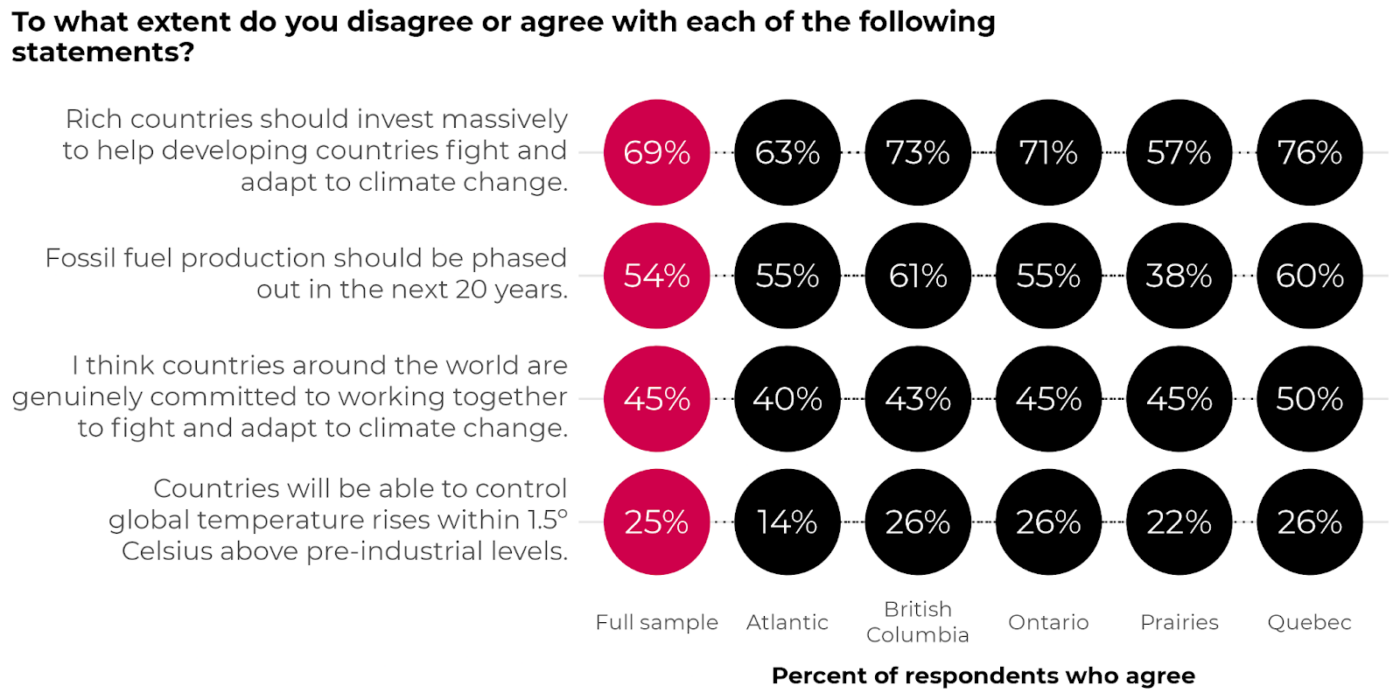COP28: Good cop or bad cop?
December 13, 2023
Since November 30th, representatives from 197 countries have been gathered in Dubai to discuss the future of climate action. The conference was already under criticism for being held in the UAE, a major producer of fossil fuels, and for its president also standing as CEO of the Abu Dhabi National Oil Company (ADNOC), one of the biggest oil producers in the world. The negotiations focused heavily on phasing out fossil fuels and climate financing, and were at the verge of a breaking point as activists and scientists protested the results of the talks.
Meanwhile, on the last official day of the conference, data was released showing that the emissions from Canadian wildfires in 2023 were the highest ever recorded anywhere in the world. The Canadian government, on the other hand, is trying to set an emissions limit for 2030, to keep the net zero emissions goal alive. As we may start to feel the impact of climate change at home, we investigated public sentiment in Canada towards climate change and flagship policies discussed during COP28, to understand how Canadians position themselves towards these global negotiations. Data shown in this memo was collected among a representative sample of 1,000 Canadians surveyed online in October 2023, before the start of COP28.
Climate change is now
For years, we’ve been tracking attitudes and beliefs about climate change among Canadians. As shown in our Greyhound dashboard, a clear majority of Canadians believe that human activity has an impact on climate change. In October 2023, 68% of Canadians said that climate change is caused by both natural processes and human activity, while 19% said that it was caused only by human activity. Only 5% of Canadians do not link human activity to climate change, while 4% do not know what climate change is and another 4% say there is no such thing as climate change.
Concerns about the impacts of climate change are also prevalent: 72% of Canadians believe that climate change will negatively impact the country, while 8% say it won’t and 16% are unsure. Respondents under 35 years old are slightly more likely than average to believe that climate change will negatively impact Canadians (78%), while 35-49 year-olds are slightly more optimistic (67% agrees) than average. Regional differences are also clear: more respondents from BC tend to believe climate change will impact Canadians negatively (77%), while those from the Prairies are less likely to do so (63% agrees).

Moreover, a clear majority of Canadians (64%) think that climate change has already started to negatively impact the country, while 10% predict that it will only start in the next ten years and 4% think the impacts will be felt in more than ten years1. This aligns with their real-life observations and the echoes they read in the media: in the same survey, 66% of Canadians reported that they believe that wildfires are getting worse every summer or almost in the country, and 51% think heat waves are also getting worse almost every year. Climate change is happening — and all eyes are on leaders gathered in Dubai to see which actions they are taking.
Consensus around climate financing, low hopes for net zero goals
Our study also probed into attitudes towards some key demands and topics of negotiation at the epicenter of the COP28 discussions.
Two propositions among the most polarizing in the COP28 discussions, climate finance and fossil fuels phase-out, gathered support from Canadians. The strongest consensus is found around the idea of sharing the burden of climate finance: 69% agree that rich countries should invest massively to help developing countries fight and adapt to climate change. A small majority also supports a phase-out of fossil fuel production in the next 20 years (54%).

These propositions are met quite differently across provinces. In the Prairie provinces where oil and gas continue to fuel economic growth, 38% of respondents support a fossil fuel phase-out over the next 20 years — significantly less than the national average, but still a sizable proportion of the population. A majority of Prairie respondents are also in agreement with Canadians from other provinces that high-income countries should invest massively to support developing countries facing climate change.
Despite their support for ambitious policies to fight climate change, Canadians are not particularly hopeful about climate change negotiations: only 45% think countries around the world are genuinely committed to working together to fight and adapt to climate change, while 40% disagree with this statement. Moreover, only 1 in 4 believe countries will be able to control global temperature rises within 1.5º Celsius above pre-industrial levels, while 32% are unsure and 43% disagree with this statement.
As COP28 negotiations conclude in Dubai after two weeks of intense disputes, countries reached a deal calling for transitioning away from fossil fuels, although there were no mentions of phasing down or phasing out from these combustibles. For some, this is a breakthrough that keeps the net zero emissions goal alive while for others, there are too many loopholes and not enough financial mechanisms to enforce it. As all eyes are on Dubai, the difficulties and limits of such international summits to produce decisive outcomes seem clear, which might continue to fuel further skepticism among the public.
- The remaining 22% are either unsure (10%), do not think climate change will have negative impacts (8%) or do not think that climate change is real (4%). ↩︎

